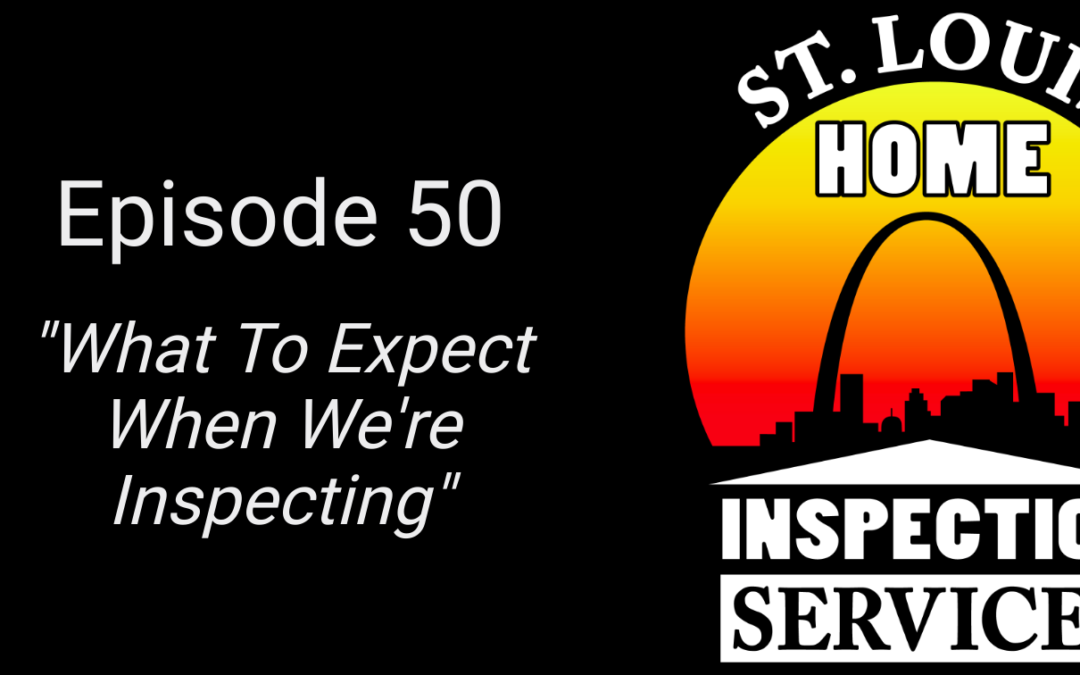For me, the cold without the snow has always seemed like a cruel joke. At least the sun is shining. I just finished inspecting a property for a client, and while I’m waiting for the car to warm up, I figured I’d take some time to talk more about what to expect when we’re inspecting.
Home inspections are usually done in a relatively tight time frame. Once an offer is submitted, the buyer only has so much time to get the inspection ordered, completed, and so on. When I get the call to schedule an inspection, I always give the client an overview of what to expect when I’m inspecting. I make it a point to set expectations early on in the process. I am up front with what the fees will be, under what circumstances those fees may change, and the conversations we’ll need to have if something does require additional fees. Most of my clients are buyers, and they are usually with me seventy or so percent of the time. This makes it all the more important to take the time up front to discuss the process.
From my client’s perspective I let them know what day and time I have the inspection scheduled for. If they plan on being with me, that makes it all the more important to communicate the schedule with them. Scheduling of course requires coordination with the home owner, ie the seller, and sometimes even the agents like to be present. I get to the inspection site a few minutes early to make sure I’m not rushed. This gives me a chance to make sure everything is as it should be, and there aren’t any surprises. I almost always work from the outside in. How do I avoid tracking dirt in the house? Everyone always asks me that?The answer is: It depends. I have backup shoes, I sometimes go shoeless, and I am an avid proponent of the trusty over-the-shoe-booty.
While I am inspecting, I am taking notes and taking pictures. All of the information I gather during the inspection is put into a report for my client. Reports vary somewhat in size, but they are generally a few dozen pages long. Many of my clients have told me that waiting for the inspection report is the most stressful part of the entire home buying process. That?s why good communication is so important.
From one inspection to the next, I think the thing that varies the most is the human element. Besides the home inspector, a home purchase will generally involve a buyer, a seller, an appraiser, a title company, a mortgage company, a buyer’s agent, and a seller’s agent. That’s a lot of moving parts.
So what’s the secret to managing all these moving parts? Over the years, I’ve found that the real key to home inspections is clear, consistent communication. I always want my clients to know what I’ll be doing and when I’ll be doing it. Any deviations or surprises should be communicated as soon as possible.
And speaking of communication my clock is communicating to me that it is time to head to the next inspection.
